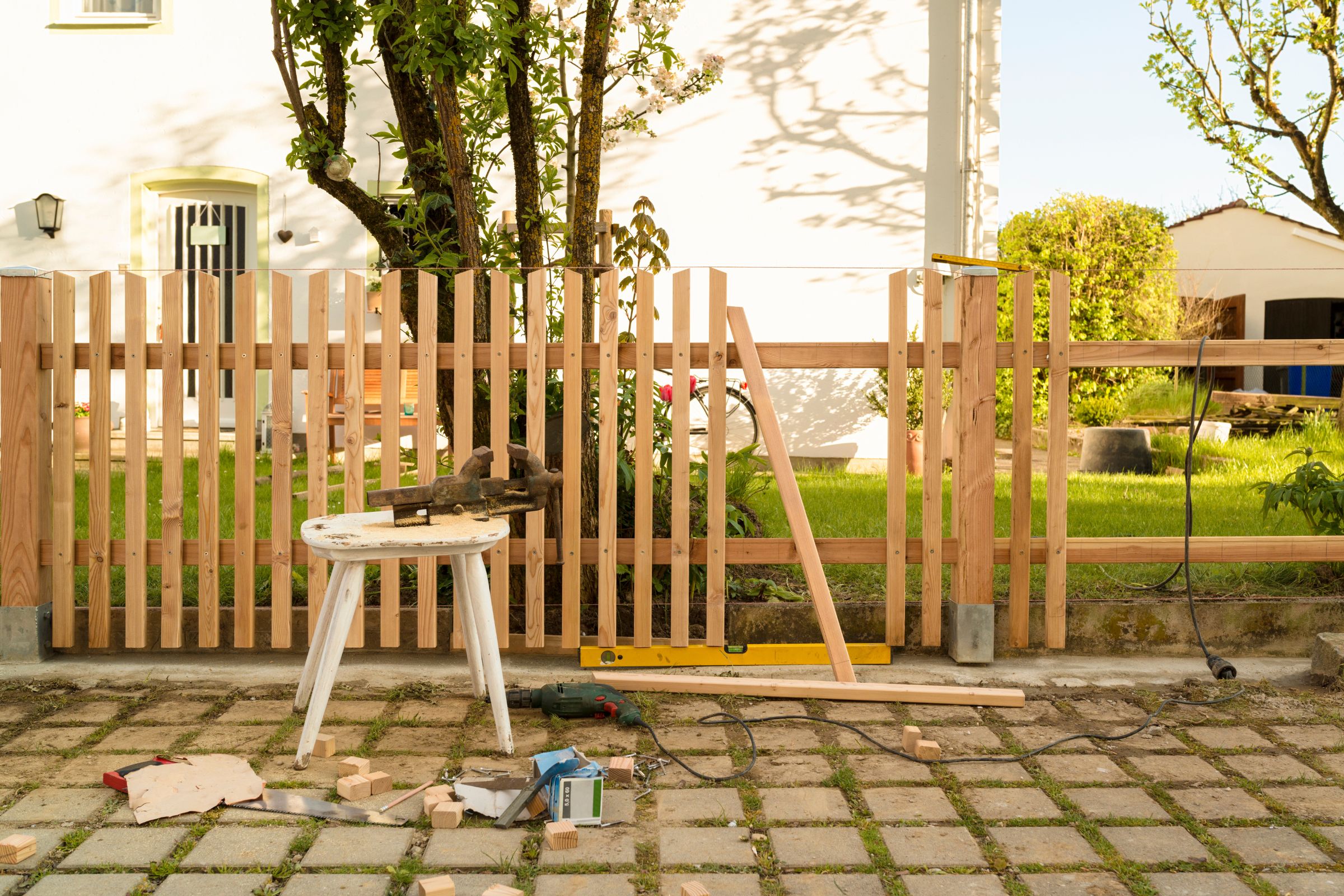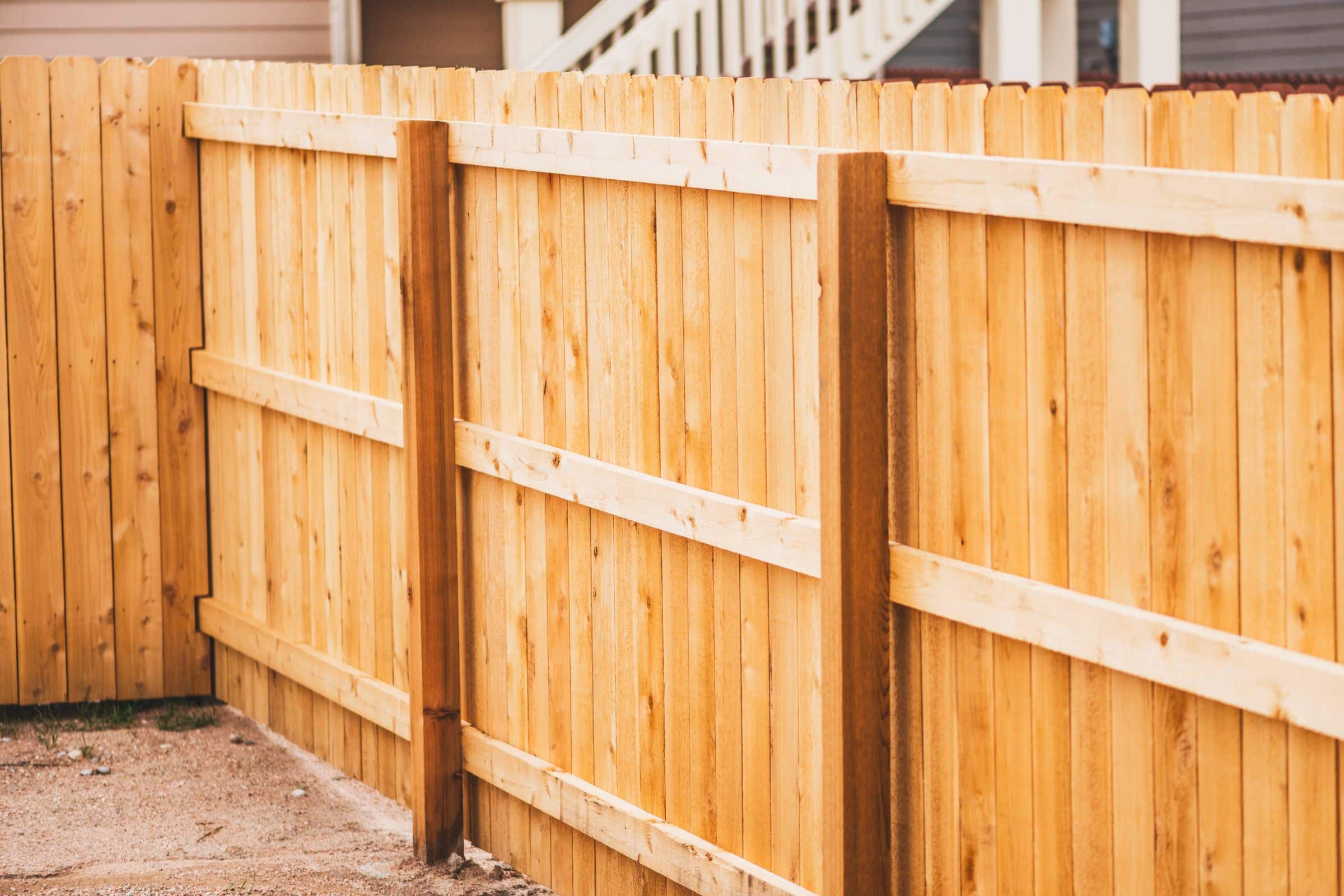
The Dos and Don’ts of Outdoor Kitchen Maintenance
Maintaining your outdoor kitchen is crucial to ensure its longevity and optimal functionality. Regular maintenance is necessary to prevent damage from factors such as rust, ultraviolet light, grass clippings, and grease buildup. Without proper care or maintenance, these elements can cause deterioration and affect the overall performance of your outdoor kitchen.
By conducting regular maintenance, you can add years to your outdoor kitchen’s life and improve your overall outdoor entertaining experience. This includes cleaning surfaces, checking for rust or corrosion, and inspecting the functionality of appliances and cooking equipment. Additionally, protecting your outdoor kitchen from the elements and keeping it clean can help maintain its appearance and functionality.
Disconnecting the Gas Supply Before Cleaning
Before cleaning your outdoor kitchen, it is essential to disconnect the gas supply to ensure safety. Start by turning off the gas to the grill and any other gas-powered appliances in the outdoor kitchen. This can usually be done by turning the valve on the gas line to the off position.
Once the gas is turned off, it’s important to ensure that the supply lines are drained to prevent freezing and bursting. To do this, simply turn on the gas-powered appliances for a few seconds to burn off any remaining gas in the lines.
Additionally, unplug any appliances that are not in use to conserve resources and reduce the risk of accidents. This includes items such as outdoor refrigerators, ice makers, or any other electrical appliances in the outdoor kitchen.
By following these steps to disconnect the gas supply and unplug appliances, you can safely clean your outdoor kitchen without the risk of gas leaks or other hazards. Always remember to follow the manufacturer’s instructions for your specific appliances and never hesitate to seek professional assistance if needed.
Cleaning Grill Grates and Wire Brush
To properly clean grill grates, start by scraping off any food residue from the grates using a grill brush. Once the grates are scraped clean, soak a paper towel or grill brush with canola oil and spread it on the grates to season and prevent rust. The canola oil will also help to create a non-stick surface for your next grilling session.
When it comes to cleaning the wire brush, it’s important to use soapy water and rinse it thoroughly. Avoid using harsh abrasives and steel pads as this can cause damage to the stainless steel grates. The goal is to remove any leftover residue from the wire brush, while still maintaining the integrity of the brush itself.
By following these proper cleaning methods, you can ensure that your grill grates and wire brush are both clean and well-maintained. This will not only help to prolong the life of your grill equipment but also ensure that your food cooks evenly and without any unwanted flavors.
Cleaning Countertops and Cabinets
When it comes to cleaning outdoor kitchen countertops and cabinets, it’s important to consider the materials used and their specific maintenance requirements. For granite or quartz countertops, use a mild dish soap and warm water for regular cleaning, and reseal the surface annually to maintain its integrity. For stainless steel countertops, use a non-abrasive cleaner to remove any grease or grime, and regularly polish the surface to keep it looking its best.
For outdoor kitchen cabinets, opt for materials like stainless steel, teak, or marine-grade polymer, which are durable and easy to clean with a gentle cleanser and water. Additionally, consider covering outdoor sinks during the winter months to protect them from freezing temperatures and to prevent damage.
Regardless of the materials used, it’s essential to perform regular maintenance on outdoor kitchen countertops and cabinets to ensure their longevity. By following these best methods for cleaning and maintenance, you can keep your outdoor kitchen looking great for years to come.
Clearing Out the Refrigerator
First, start by removing all the food from the refrigerator, including any leftovers, produce, and condiments. Next, take out any drawers or shelves that can be removed and soak them in soapy water to help remove any built-up residue. While the drawers are soaking, check all the items from the refrigerator for expiration dates or signs of spoilage, and discard anything that is no longer safe to eat.
Once all the food and drawers have been removed, thoroughly wipe down the inside of the refrigerator using a mixture of water and mild dish soap. Pay special attention to any hidden stains or spills that may have accumulated over time. After wiping down the inside, be sure to dry it off with a clean cloth to prevent any mildew or mold from forming.
Once the drawers have finished soaking, thoroughly rinse and dry them before placing them back in the refrigerator. Finally, return the food to the refrigerator, making sure to organize and clean any items as needed before putting them back in. This process will help ensure that the refrigerator is clean, organized, and free from any expired or spoiled items which will help keep pests and rodents away.
The professionals at Carl’s Fencing, Decking, and Home Improvements can help prepare your home with essential maintenance projects, repairs, and replacements. We specialize in fencing, decking, railing, and more! Contact us today at 1-855-By-Carls.



